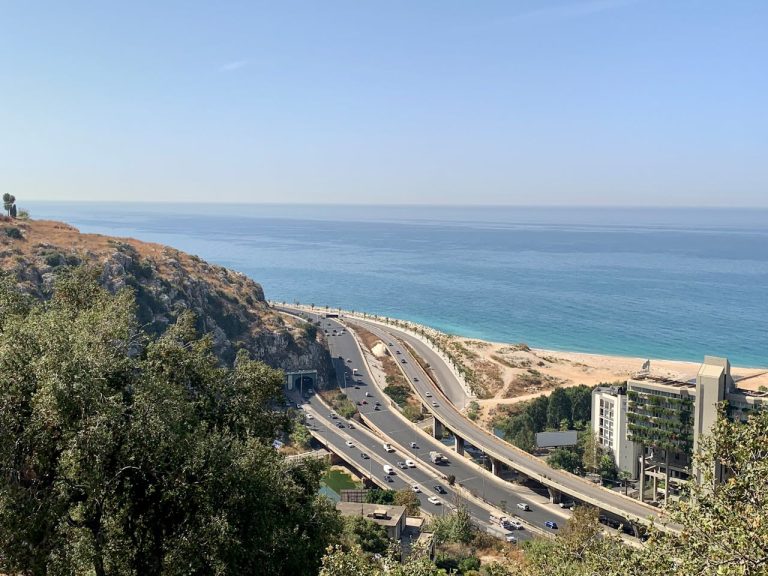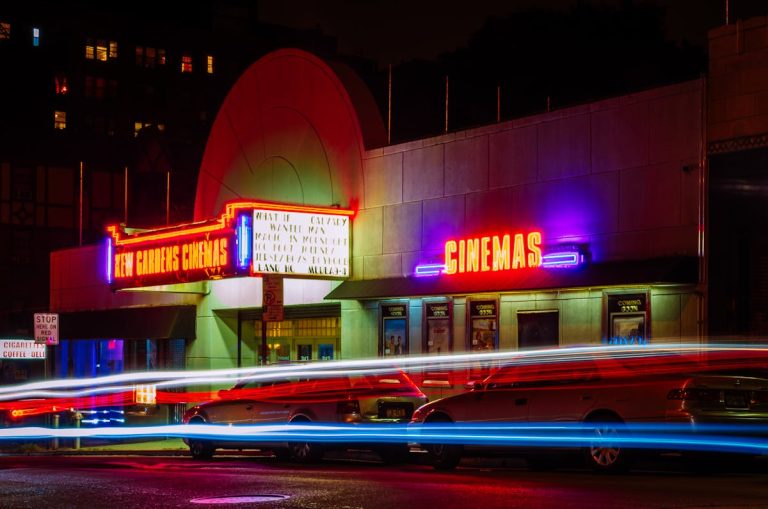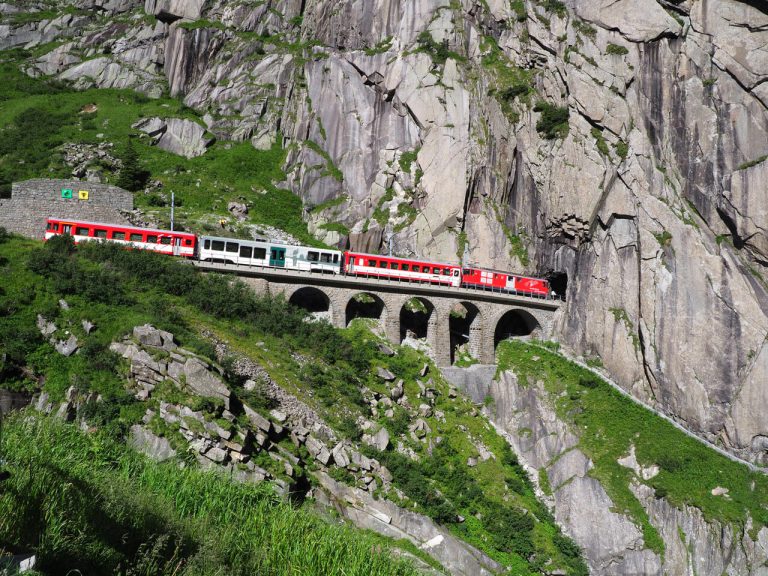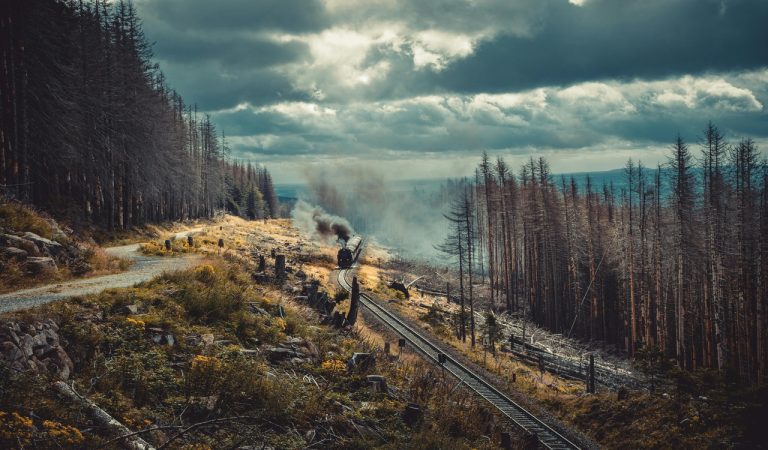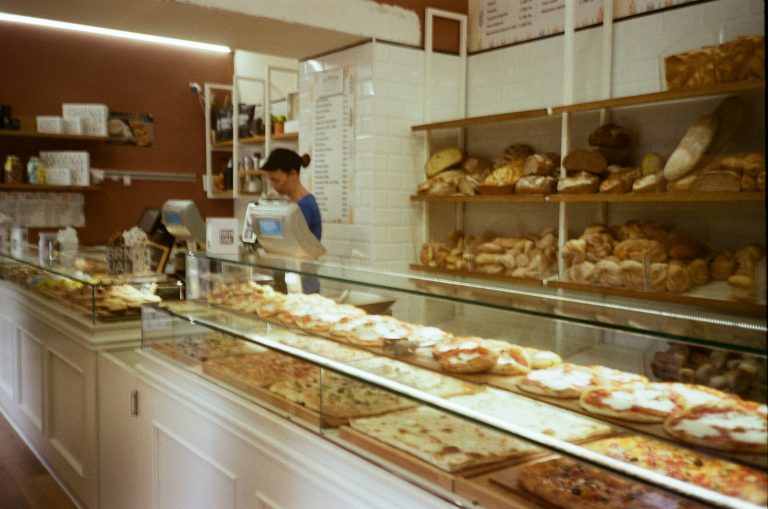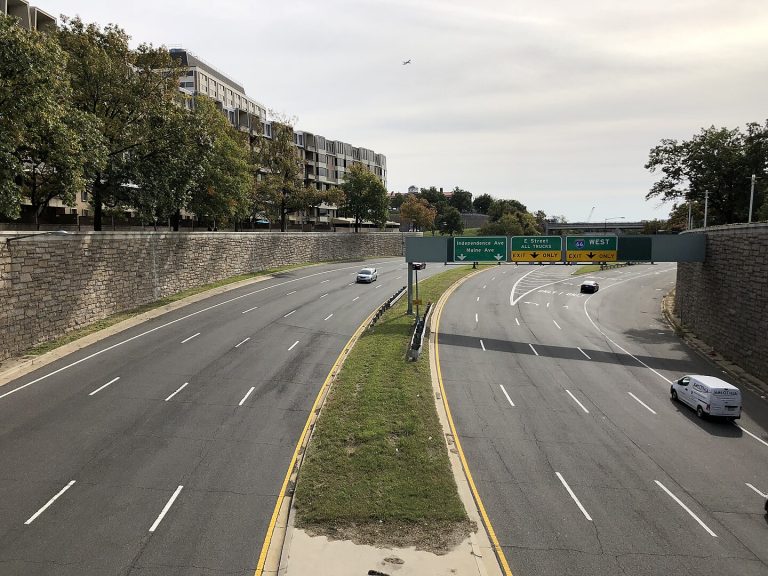7 Wild West Traditions That Would Be Controversial Today
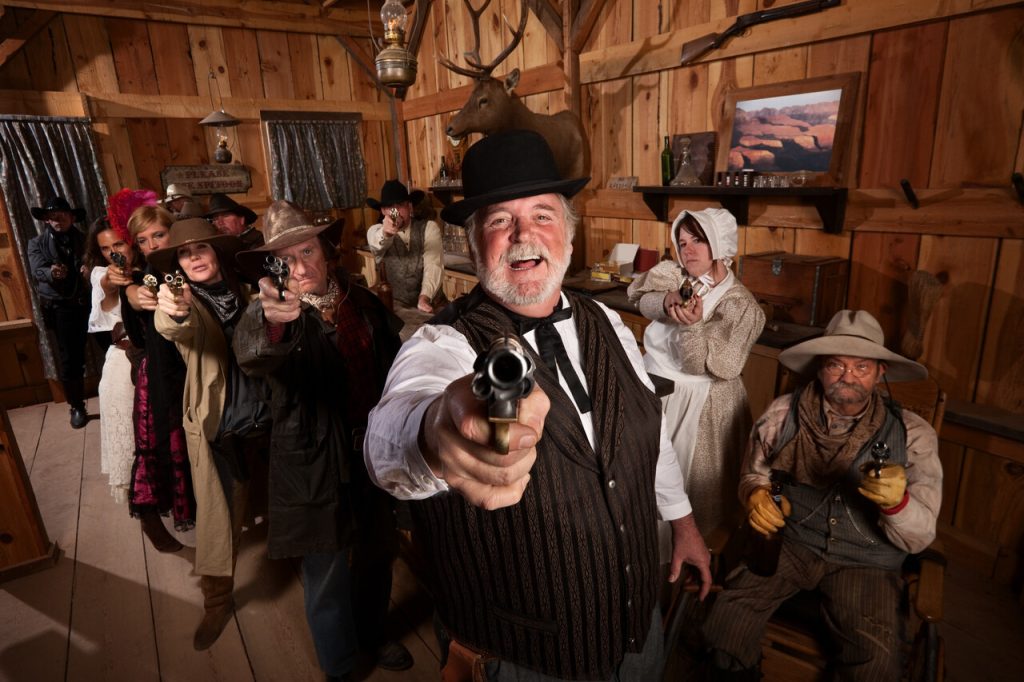
The Wild West might look romantic in old movies, but the real frontier life was far rougher and less lawful than you’d expect. What people saw as normal back then guns on hips, quick justice, and unregulated living would stir outrage today. Many traditions from that era reflected a mix of survival instincts and social chaos. While it shaped American identity, it also exposed how far society has come. Here’s a look at a few customs that simply wouldn’t fly in the modern world.
1. Dueling to Settle Disputes
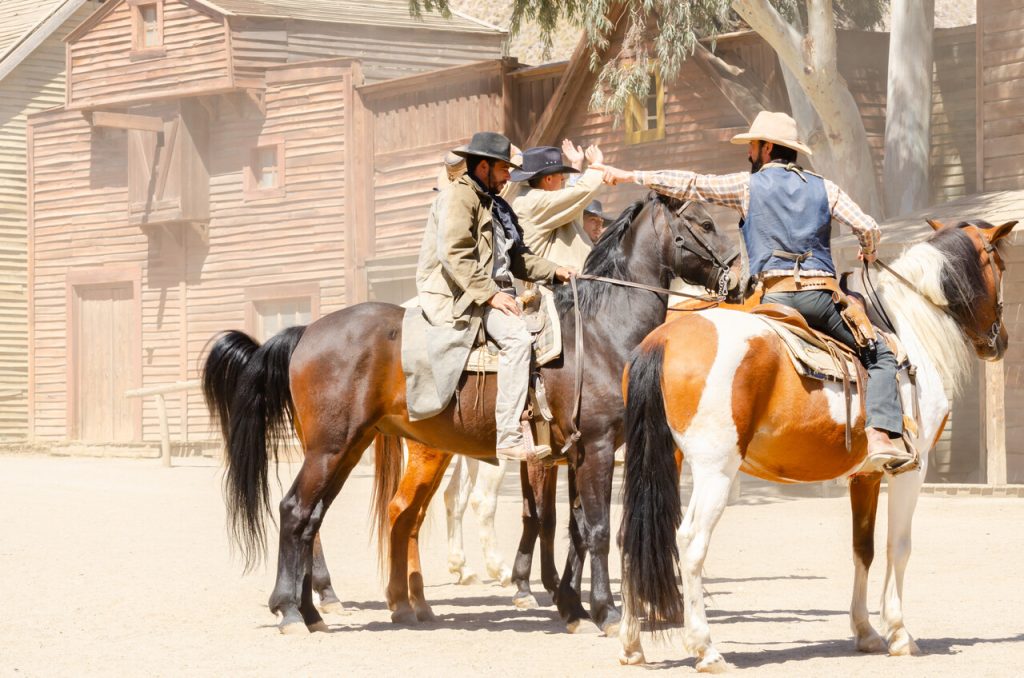
In the Wild West, men often resolved personal conflicts with pistols instead of words. A heated argument could end in a “fair fight,” and no one thought twice if it turned deadly. These duels weren’t just about honor; they were public entertainment, often watched by whole towns. Today, even the idea of fighting to prove a point would be seen as reckless and criminal. Modern law holds everyone accountable for violence, but back then, shooting your rival could make you a local legend. It sounds thrilling in stories, but it was chaos in reality.
2. Vigilante Justice
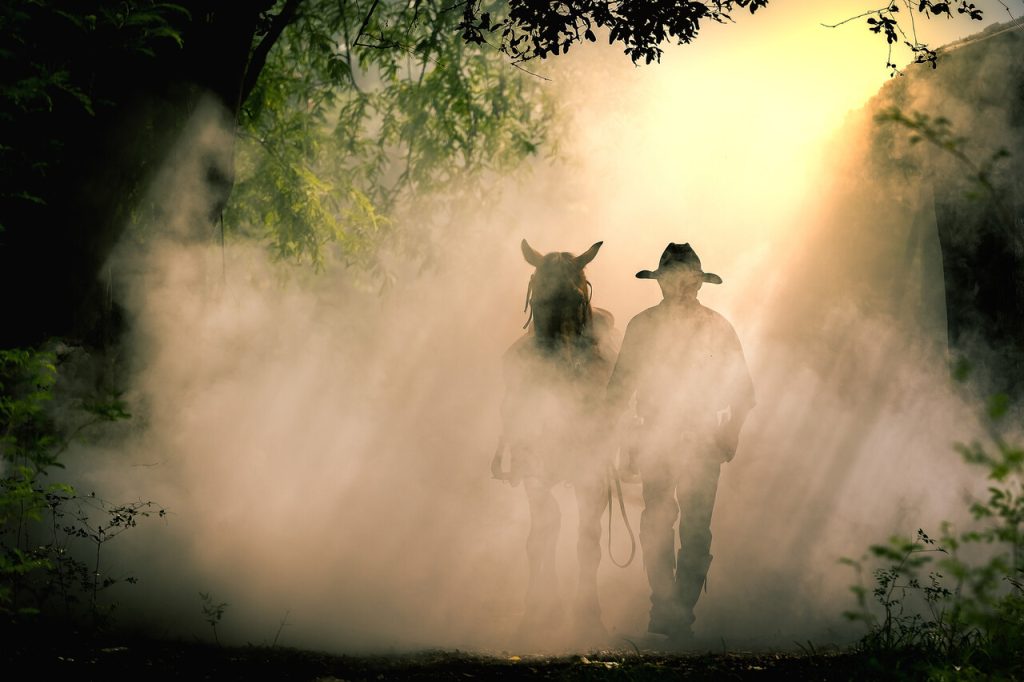
When law enforcement was scarce, people took justice into their own hands. Vigilante groups hunted down suspected criminals, held quick “trials,” and delivered punishments usually without evidence. It might have felt necessary in lawless towns, but it also led to innocent people being targeted. In today’s world, that kind of mob justice would violate every rule of due process. What makes this unsettling is how much power ordinary citizens wielded without oversight. The result was often more about revenge than fairness.
3. Public Hangings as Entertainment
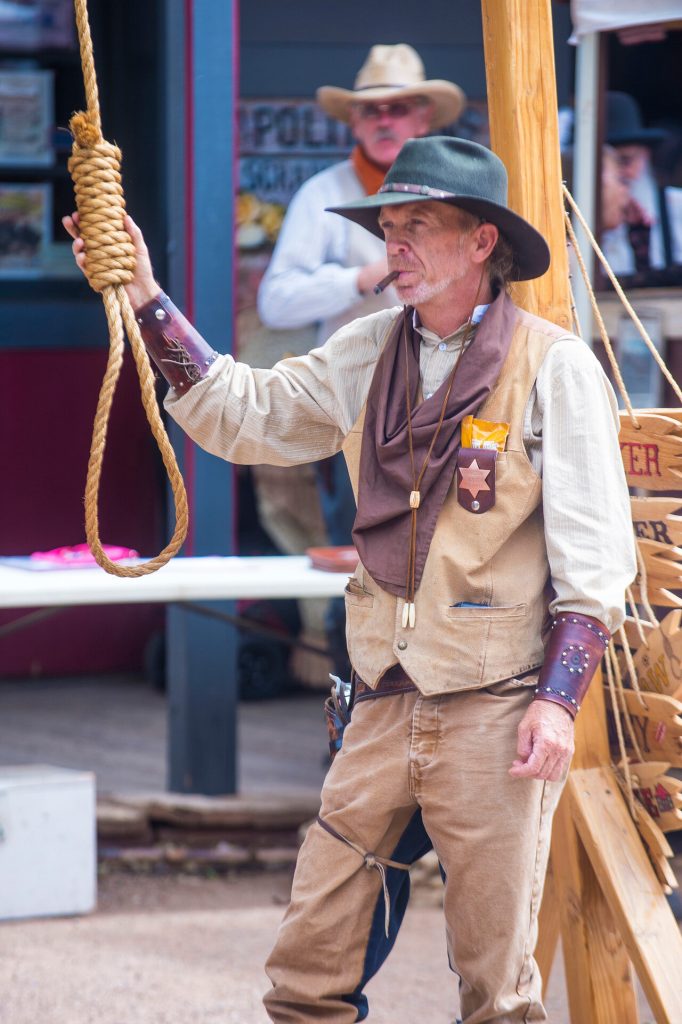
Executions were once community events where families gathered to watch justice unfold. Public hangings were treated almost like theater, with vendors selling food and townspeople cheering. The line between punishment and spectacle completely blurred. Nowadays, even discussing capital punishment sparks debate, and carrying it out in front of a crowd would be unthinkable. It shows how different society’s relationship with death and justice was then. People saw it as closure, not cruelty. But by modern standards, it’s deeply disturbing.
4. Open Carry and Constant Gunfights
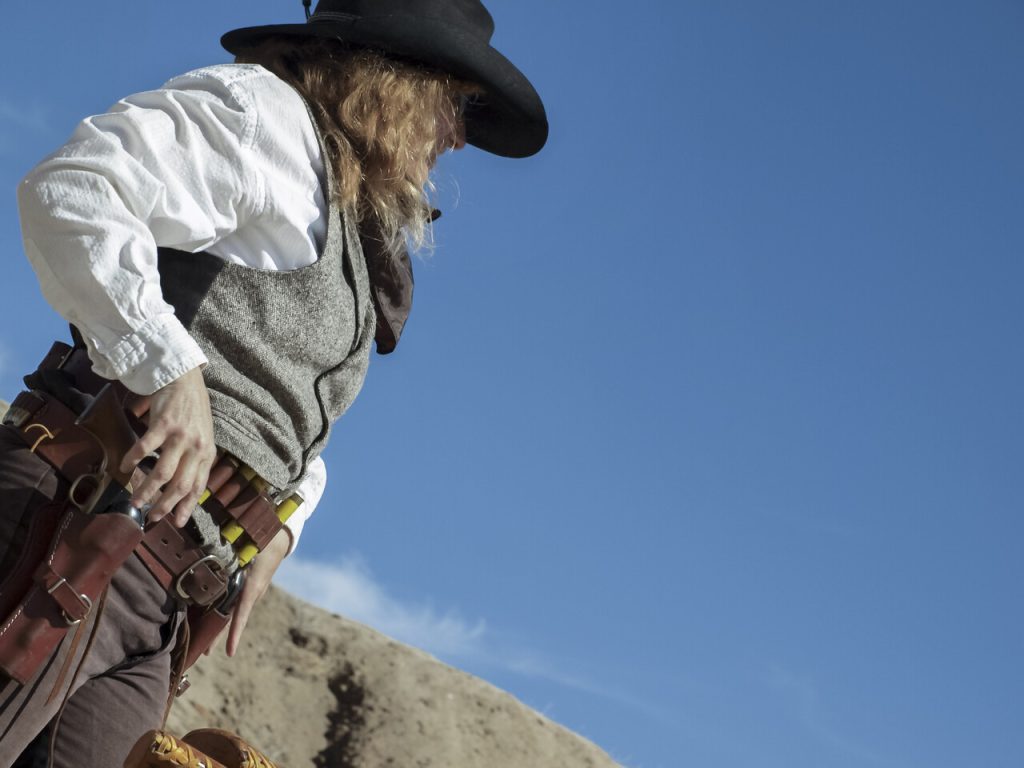
Guns were part of everyday life in the frontier. Everyone carried one, from ranchers to bartenders. Gunfights could break out over insults, poker games, or land disputes. While it made sense in a place with no formal police, it also created a culture where violence felt ordinary. Today, the idea of everyone walking around armed would spark heated debate about safety and rights. The Old West was romanticized as brave and free, but in truth, it was dangerously unstable. Living under constant threat wasn’t freedom it was survival.
5. Barroom Brawls and Lawless Saloons
Saloons were more than places to drink; they were the social centers of the frontier. But they also doubled as chaos zones where brawls erupted over a spilled drink or a card game. With no clear laws or reliable policing, fights often turned bloody fast. In a modern setting, this kind of unchecked violence would have entire towns shut down overnight. It’s easy to see why Hollywood loves the image of swinging doors and shattered bottles, but real life saloons were brutal places. The mix of alcohol, weapons, and pride rarely ended well.
6. Land Grabs and Claim Jumping
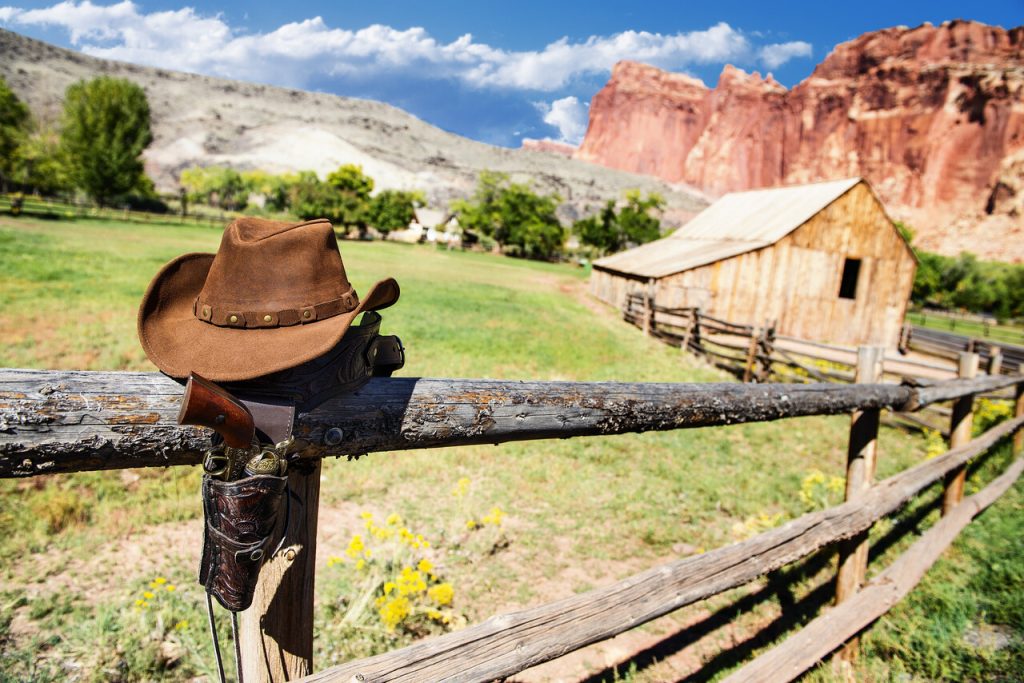
Back then, land was free for the taking if you could hold it. Settlers rushed to stake claims, often ignoring the rights of Native Americans or earlier settlers. Those who arrived late sometimes stole claims outright, leading to violent disputes. What was seen as ambition and grit at the time would now be viewed as theft and exploitation. Modern property laws exist to prevent this kind of chaos, but the Old West ran on survival and opportunity. It was a system where power ruled, not fairness.
7. Animal Cruelty in Rodeos and Work Life
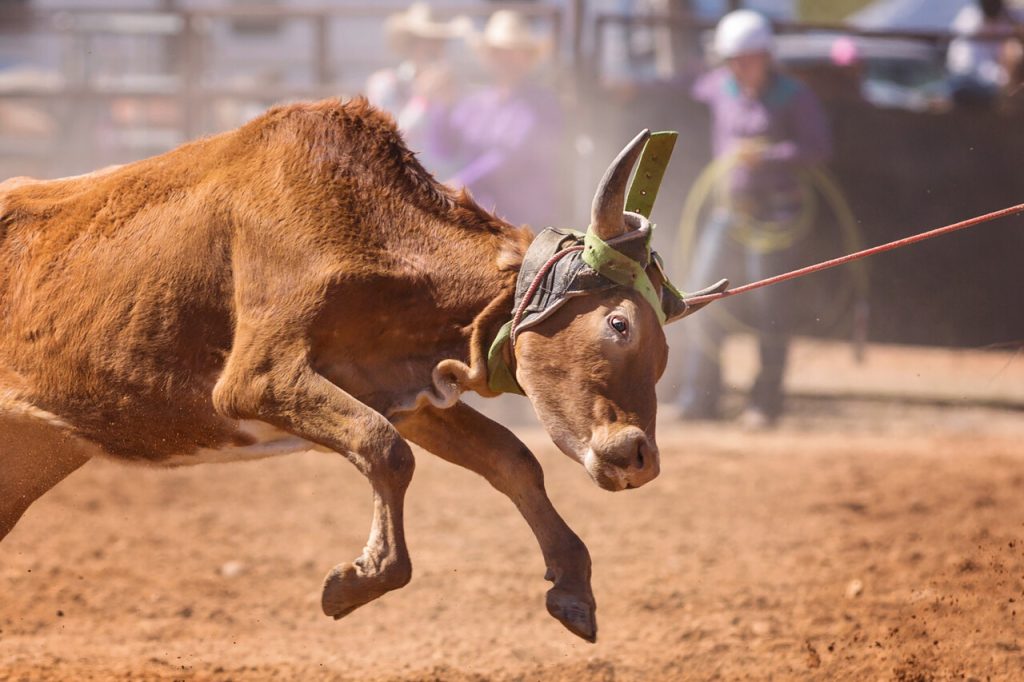
Animals in the Wild West were tools of survival, but they were often pushed to brutal limits. Horses were overworked, bulls were abused for entertainment, and stray animals rarely survived long. Early rodeos showcased rough handling and cruelty that today would face outrage. While rodeo culture still exists, it’s now heavily regulated for animal welfare. Back then, though, strength mattered more than compassion. Looking back, it’s clear how much attitudes toward animals have evolved and how little mercy the frontier allowed.
